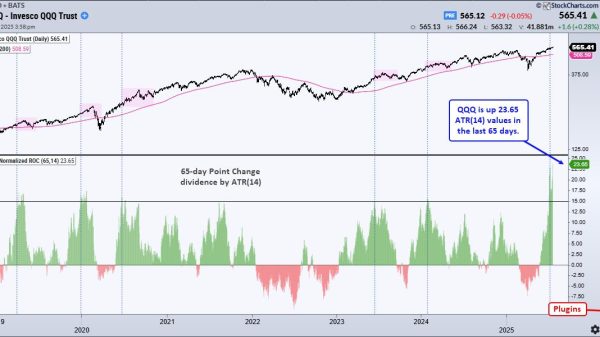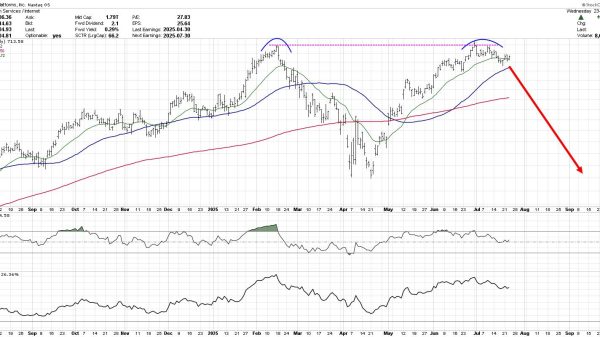
What is cover note insurance?
Navigating the world of insurance can often feel like a complex maze, especially when terms like ‘cover notes’ and ‘certificates of insurance’ come into play. For the average person seeking to understand how car cover note works, knowing about these terms is crucial. This article aims to demystify these concepts, focusing on the role and importance of a cover note in insurance, how it differs from a certificate of insurance, and the essentials of an insurance cover letter. So in this article we tackle the question what is cover note insurance, and what is its difference from certificate of insurance.
What is cover note insurance, and how does it work?
A cover note is a temporary document issued by an insurance company that provides proof of insurance before the issuance of a full policy. It’s a stop-gap arrangement that comes into effect the moment you purchase or renew an insurance policy.
Typically, a cover note is valid for 30 days, giving the insurer enough time to process and issue the full certificate of insurance. During this period, the cover note acts as a legitimate proof of insurance, ensuring that you are covered from the moment you start driving.
For instance, if you’re stopped by the police and asked for proof of insurance, presenting a valid note is sufficient to show that you’re legally insured. This temporary car insurance cover is vital for new car owners or those who have just renewed their policy, ensuring that there’s no gap in their insurance coverage.
More details

Let’s consider a scenario where you’ve just bought a new car. You apply for car insurance, and the insurance company issues a cover note immediately.
This note outlines the level of cover provided, the names of insured individuals, the vehicle details, and any special conditions that apply.
It also states the expiration date, which is usually set for 30 days from the issue date. During these 30 days, you’re fully insured under the terms outlined in the cover note, even though the full certificate of insurance has not yet been issued.
What Does a Cover Note Do?
A cover note essentially serves as a temporary proof of insurance. It ensures that from the moment you take out an insurance policy, you’re legally covered to drive your vehicle.
This is particularly important because driving without insurance is illegal and can lead to severe penalties. The cover note maintains continuous insurance coverage, bridging the gap between applying for a policy and receiving the full insurance documentation.
Difference Between Cover Note and Certificate of Insurance
While a cover note and a certificate of insurance both serve as proof of insurance, they differ in their duration and the details they provide.
A cover note is a temporary document, usually valid for 30 days, issued immediately after you apply for or renew a policy. It provides interim coverage until the full certificate of insurance is processed and sent to you.
On the other hand, the certificate of insurance is a more permanent document. It outlines the full terms and conditions of your insurance policy, including the period of coverage, the level of coverage, and any special conditions or exclusions. Once you receive this certificate, it replaces the note as your official proof of insurance.
What is an insurance cover letter?

An insurance cover letter is a document that accompanies your insurance policy. It’s not to be confused with a cover note.
The cover letter typically contains information about your policy, including a summary of the coverage provided, instructions on how to make a claim, and contact details for getting in touch with your insurer. It’s more of an introductory letter, providing a snapshot of what your policy entails and how to navigate any issues or questions you might have.
What happens when the cover note expires?
Once the note expires, it’s essential to ensure you have received the full certificate of insurance. If not, immediately get in touch with your insurer to avoid any lapse in coverage.
Can I use a cover note for the long term?
No, a cover note is strictly a temporary solution. It’s meant to provide interim coverage while waiting for the full insurance policy documentation.
Is a cover note legally recognized as proof of insurance?
Yes, during its validity period, a cover note is legally recognized as proof of insurance.
In conclusion, understanding the role of a note in the insurance process is vital for anyone who owns a vehicle.
It ensures that you’re legally covered from the moment you take out an insurance policy, providing peace of mind as you await your full insurance documentation.
Always remember, if there are any doubts or questions, getting in touch with your insurer is the best course of action to clarify any uncertainties and ensure continuous and adequate coverage.
The post What is cover note insurance? appeared first on FinanceBrokerage.

































